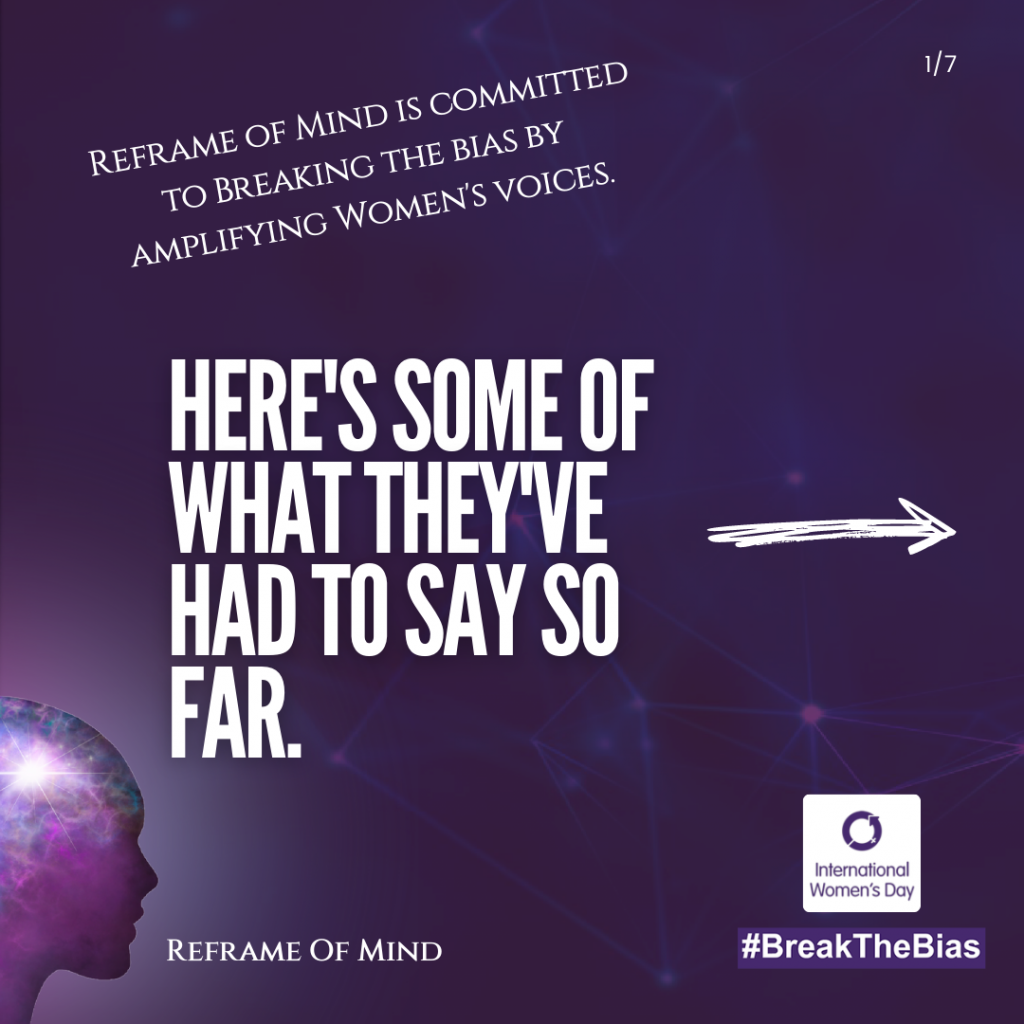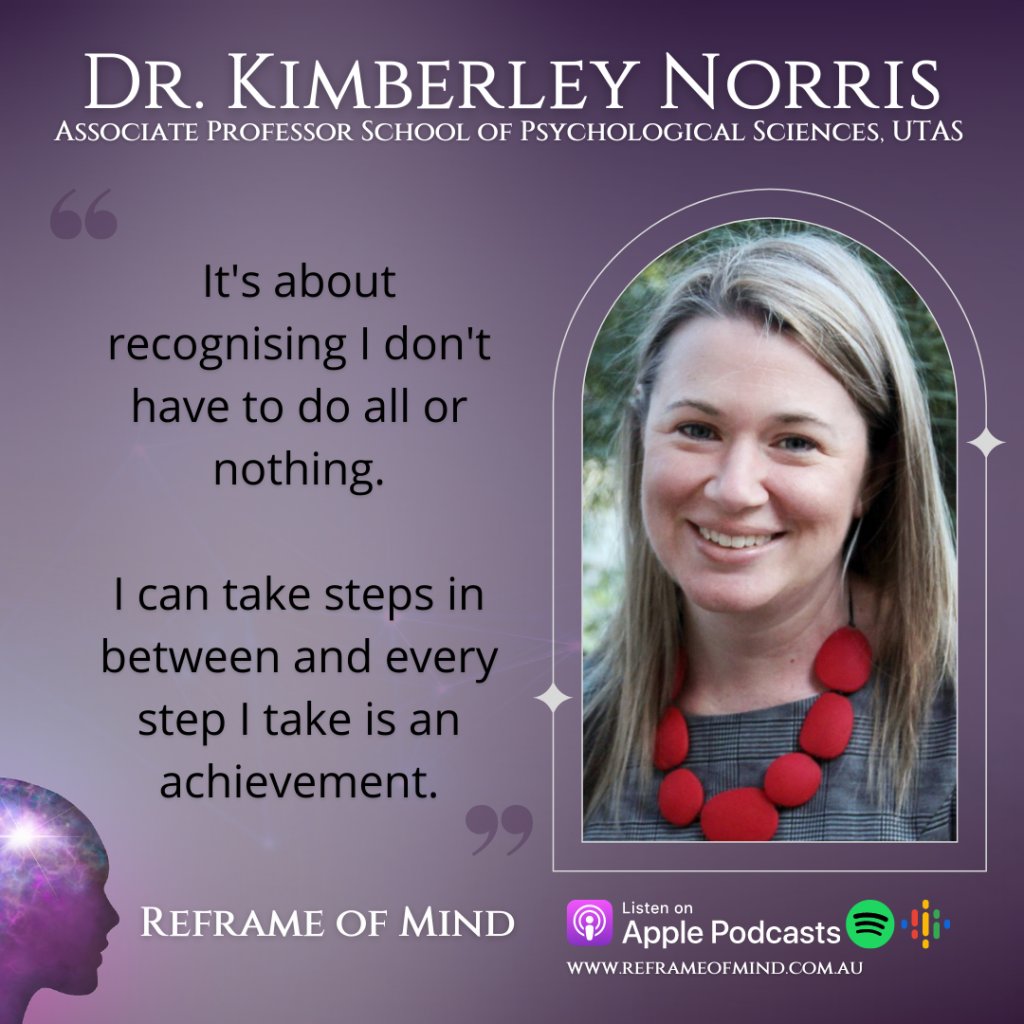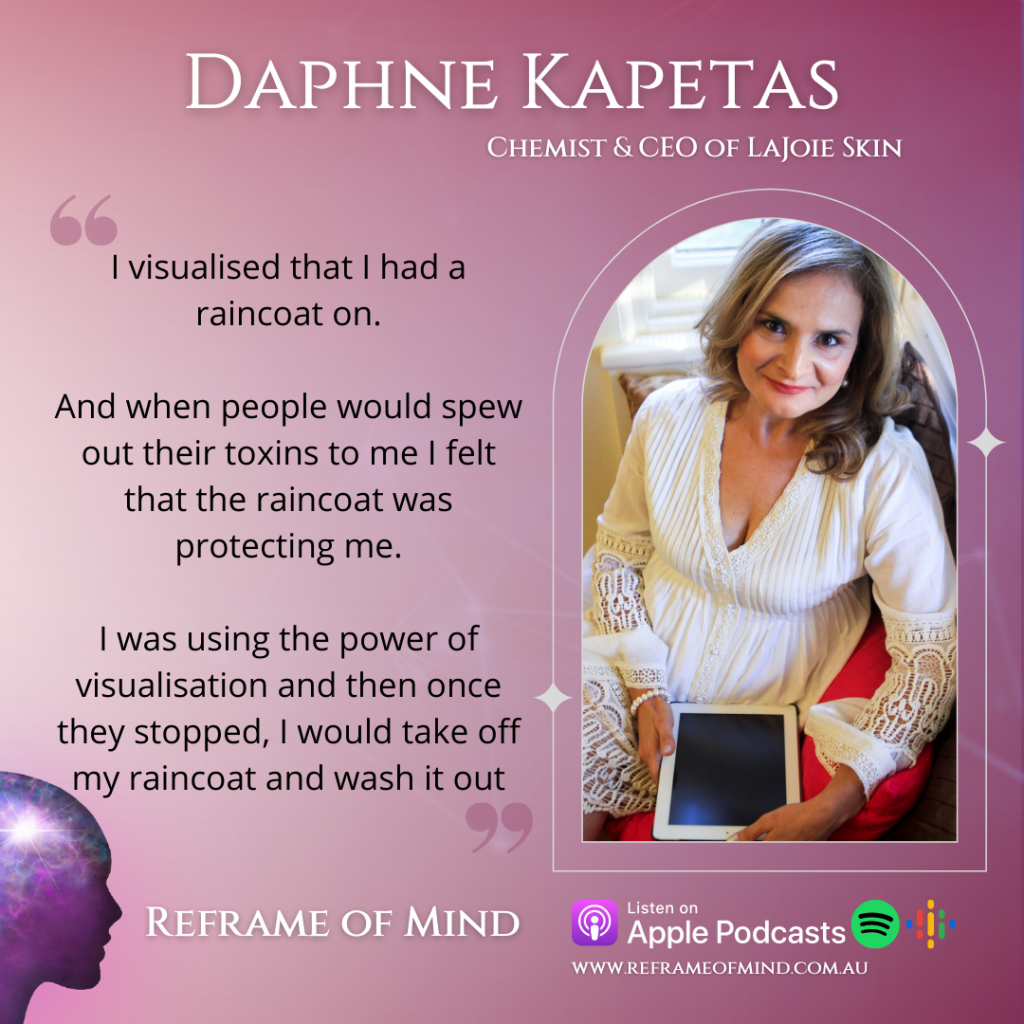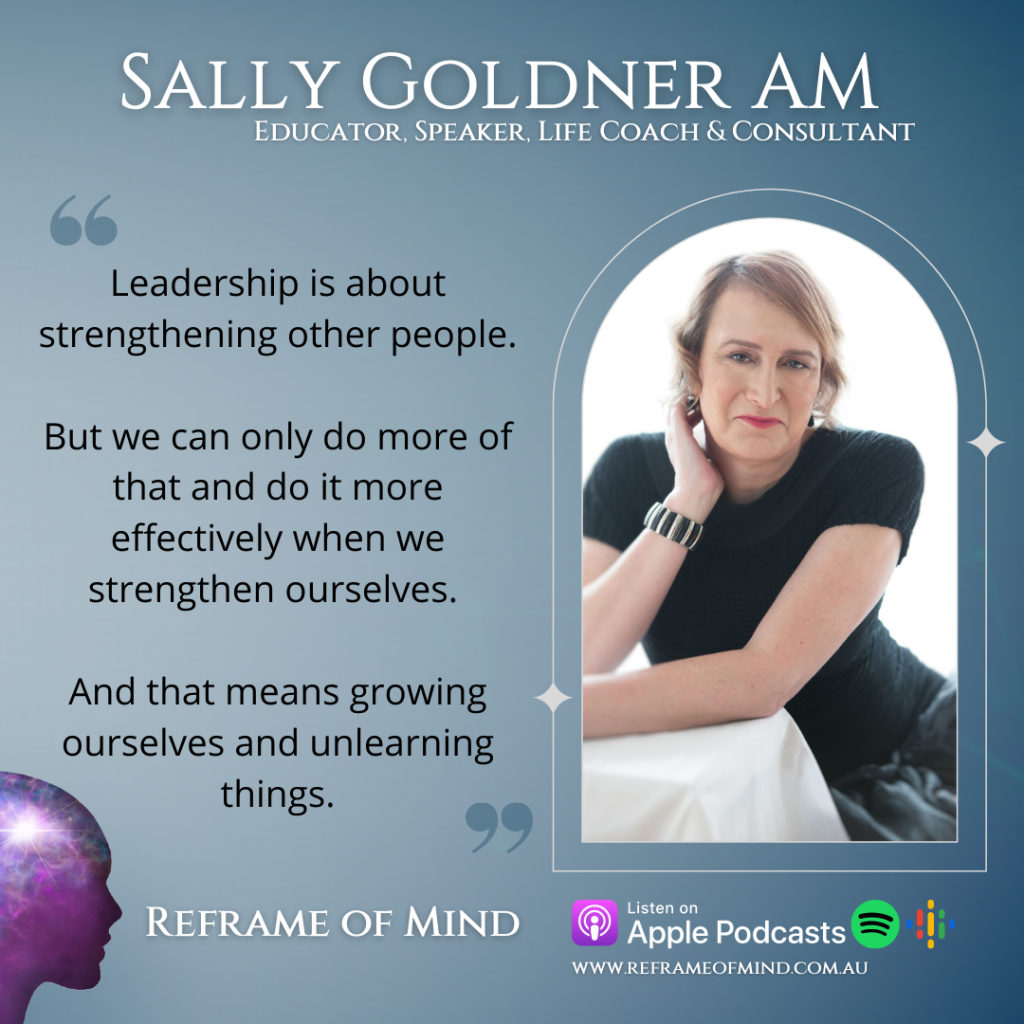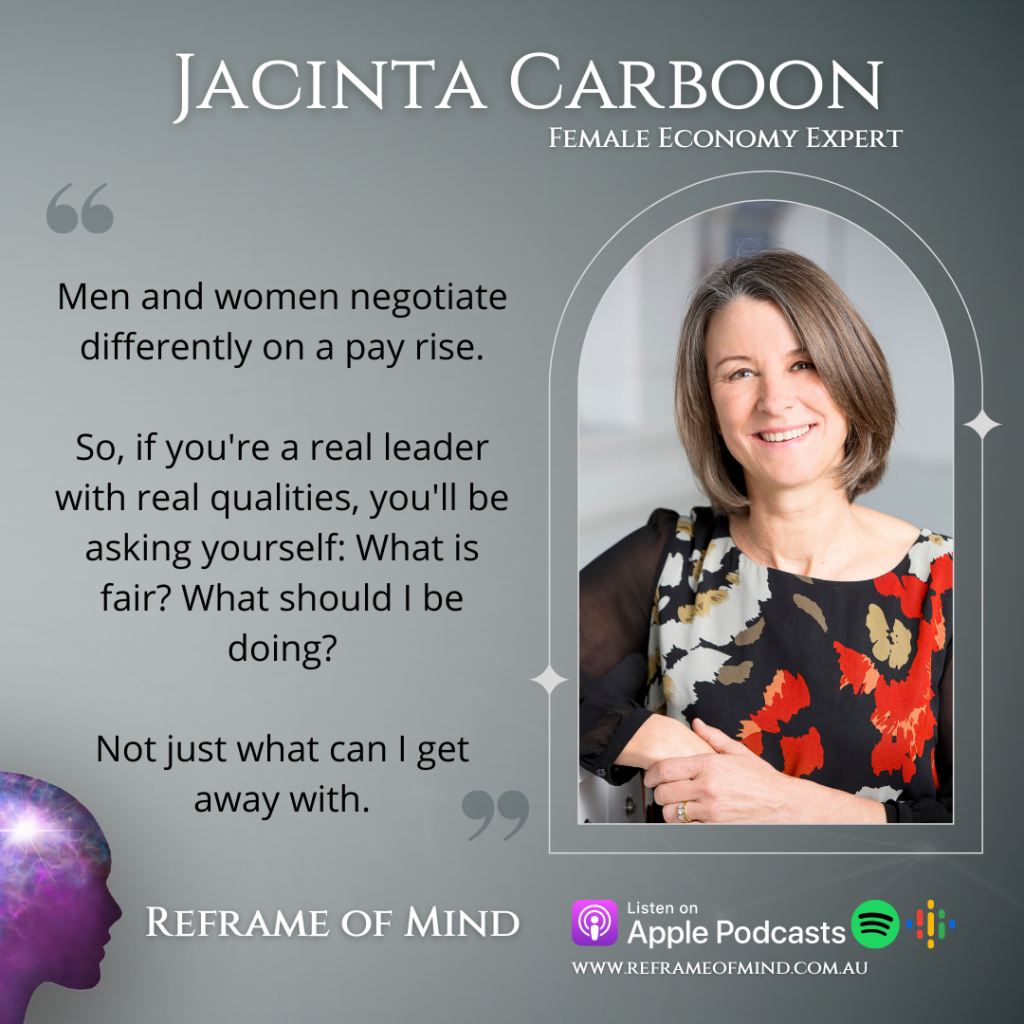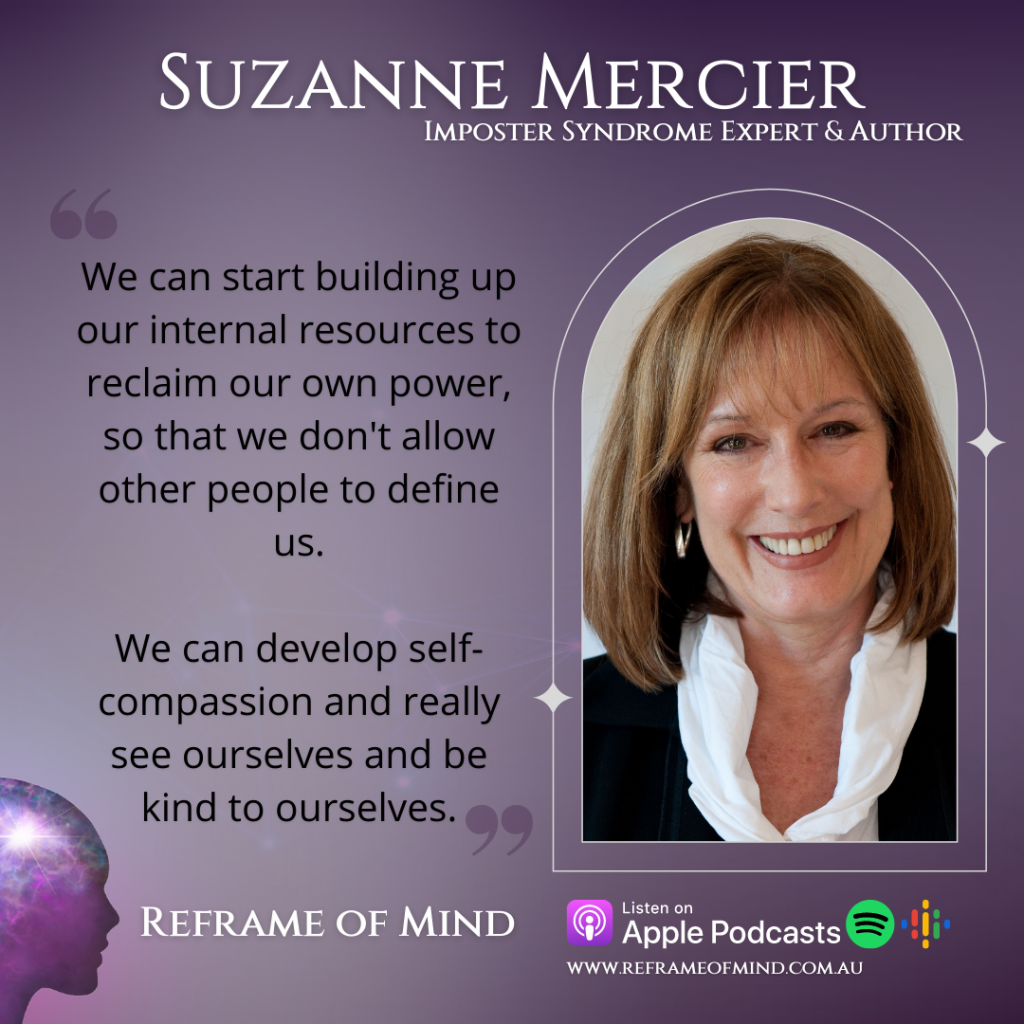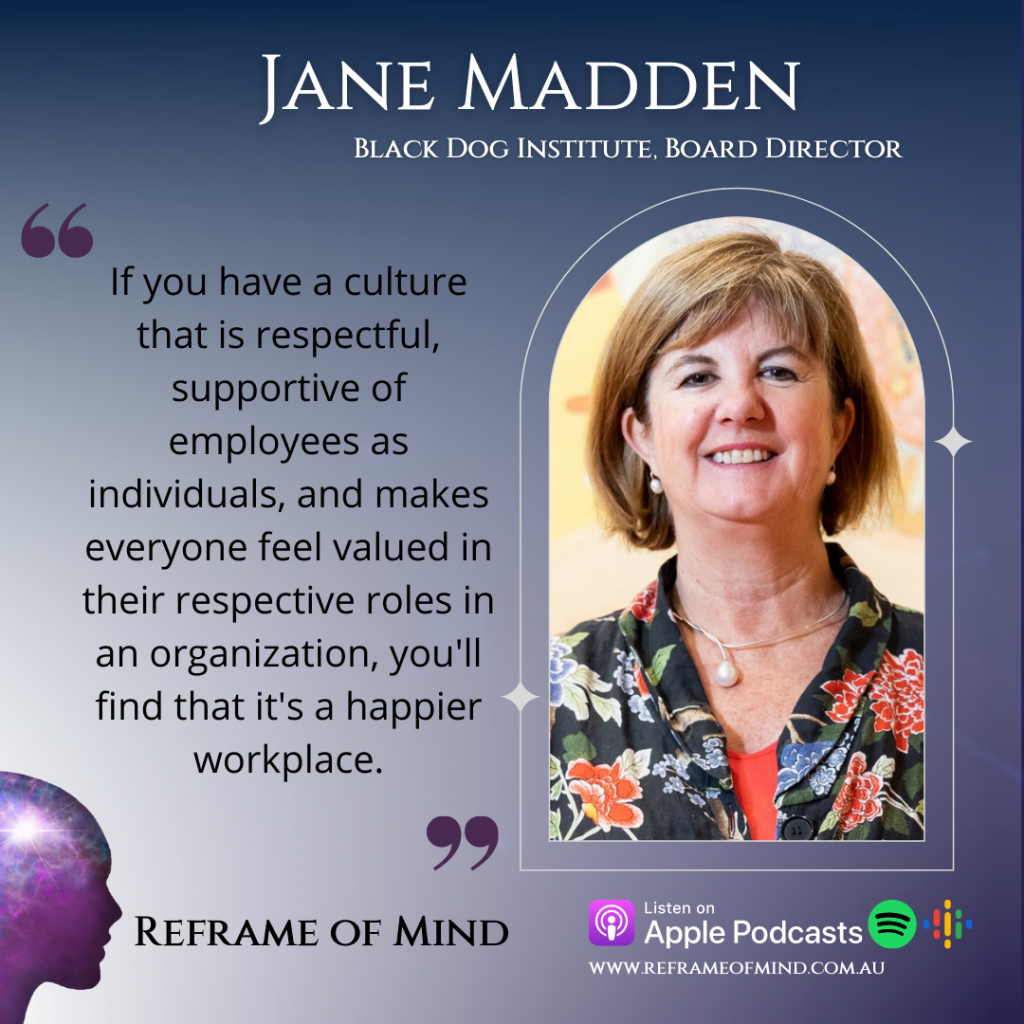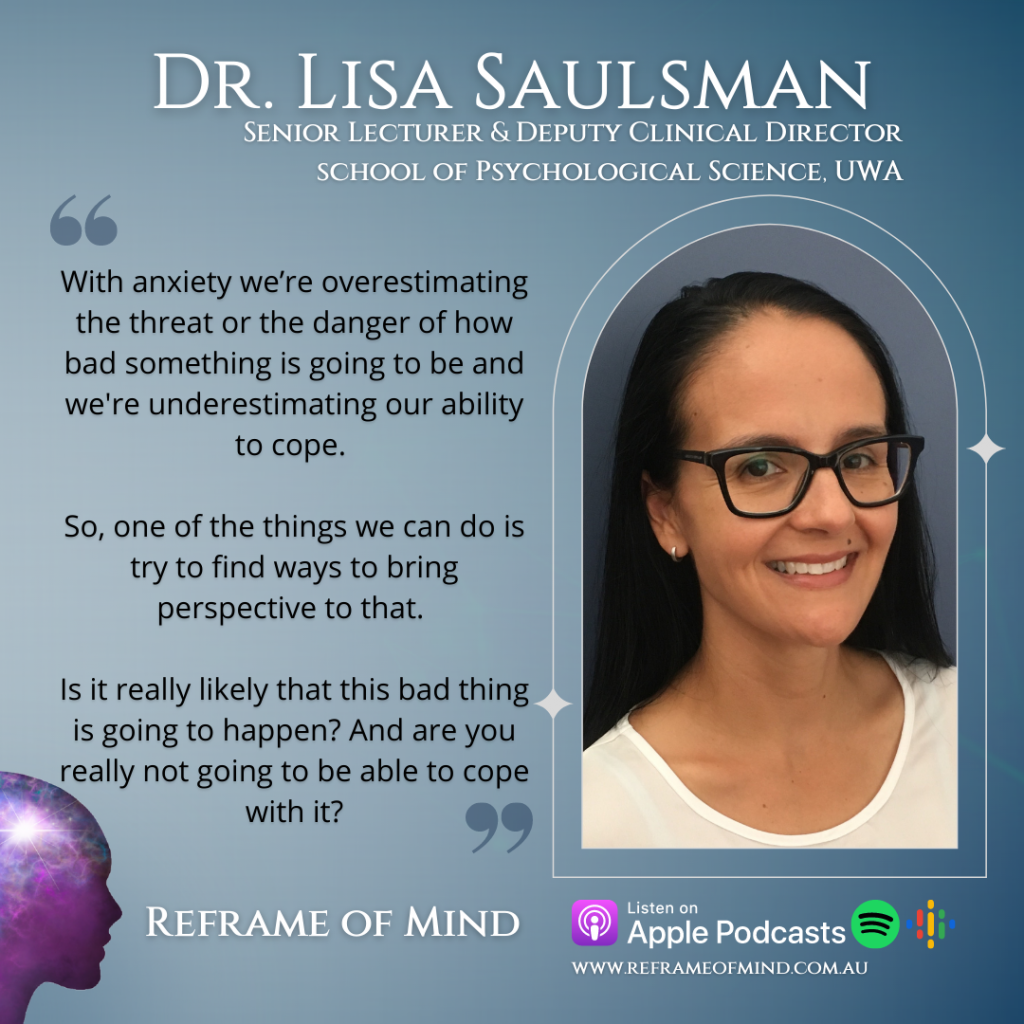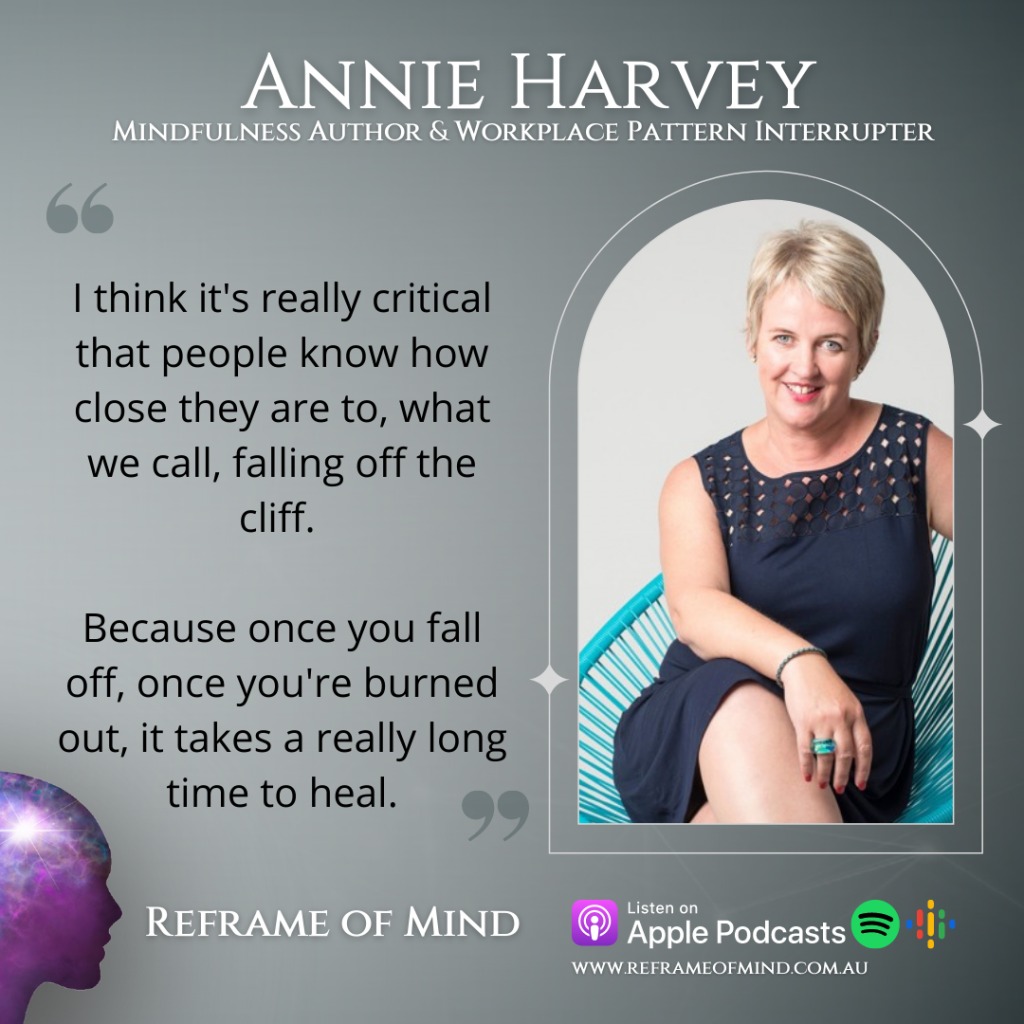How do we #BreakTheBias?
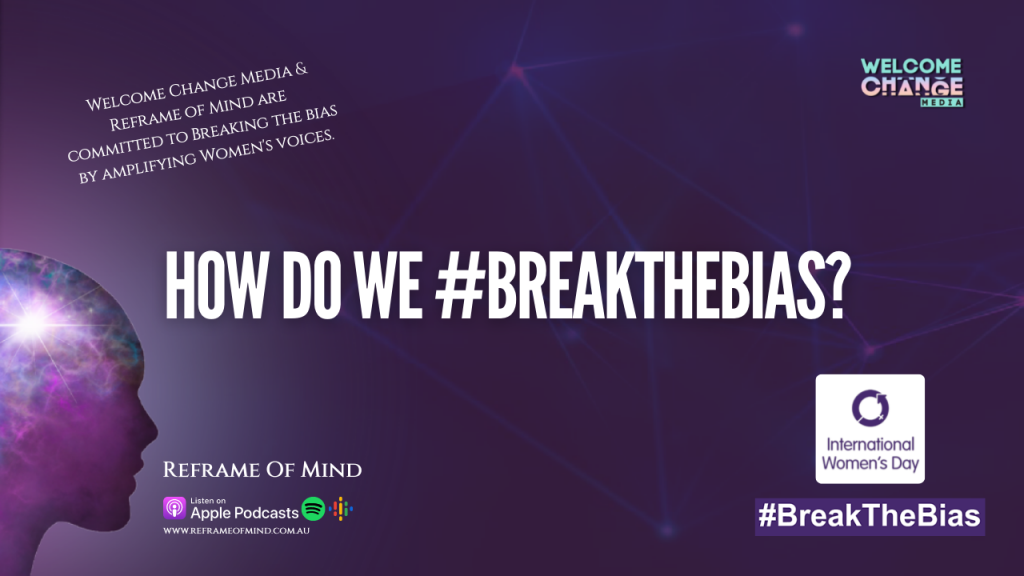
This International Women’s Day, we’re focusing on breaking the bias, but what does that mean, and how do we set about doing that?
In 2022, we still find ourselves in a society where women are literally taking to the streets in an effort to be heard. It’s not only about the never-ending fight for pay parity, but deeper issues around safety and respect.

Welcome Change Media is proud to have included a large proportion of women’s voices in our Mental Health series, Reframe of Mind.
It’s part of our strategy as a new independent media business to amplify the voices that often get overlooked, but have so much value to add beyond a sound grab for the next brief focus in that hungry beast called the 24-hour news cycle.
We all have a part to play in bringing about equitable change for women.
It’s about breaking biases around gender norms, and breaking biases around how women are represented in media.
Associate Professor Kimberley Norris from the School of Psychological Sciences at the University of Tasmania tells us,
“it’s about recognising (we) don’t have to do ‘all or nothing,’ (we) can take steps in between and every step (we) take is an achievement.”
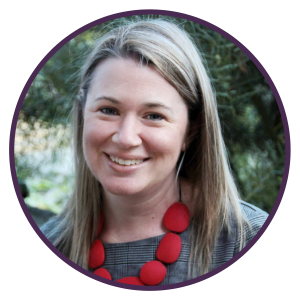
Speaking up isn’t always easy, but should we expect to forever shelter in our place of privilege and not support others in rising to success as easily as we might, for reasons that have little to do with our gender, race or religion?

Daphne Kapetas, Chemist and CEO of LAJOIE SKIN recalls moments when she was referred to as “The Nanny” by other science students, because of the way she dressed, or even worse as a teenager, when another student on the bus ride home decided to taunt her about her deceased father. She recalls using a visualisation technique at the time to remove herself psychologically from the immediate confrontation and keep herself safe, saying:
“I visualised that I had a raincoat on, and when people would spew out their toxins to me I felt that the raincoat was protecting me. I was using the power of visualisation and then once they stopped, I would take off my raincoat and wash it out.”
How fair is it, regardless of which century it is, for women to have to find refuge from the bad behaviours of others? It wasn’t acceptable in centuries past, and it’s not acceptable in 2022.
While we still witness female leaders having comments thrown their way about how they’ve chosen to dress that day, it’s not enough to fight back with criticising a man’s dress sense in retaliation. We need to break the bias by stepping outside that paradigm altogether and focus instead on the achievements of that female leader and what she has to say, as much as we would for her male counterparts.
Privileged or not, the prospect of speaking up and being counted amongst the voices calling for systemic change might cause some anxiety, and that can’t be ignored in a “suck it up, princess” fashion.
Doctor Lisa Saulsman, Senior Lecturer and Deputy Clinical Director with the school of Psychological Science at the University of Western Australia says:
“With anxiety we’re overestimating the threat or the danger of how bad something is going to be and we’re underestimating our ability to cope. So one of the things we can do is try to find ways to bring perspective to that. Is it really likely that this bad thing is going to happen? Are you really not going to be able to cope with it?”

Female economy expert, Jacinta Carboon, has been a leader in empowering women, having run high profile campaigns around women and money throughout her career, and tells us how important it is to lead people to their own conclusion, having presented examples for male colleagues in a personal light to make them consider whether it would be fair for women in their own family to do the same work as men, and be satisfied with lesser pay.
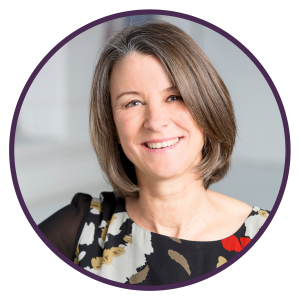
When it comes to how men and women negotiate on salary, she notes:
“Men and women negotiate differently on a pay rise. So, if you’re a real leader with real qualities, you’ll be asking yourself: ‘What is fair? What should I be doing?” Not just ‘what can I get away with?’”
Suzanne Mercier is a thought leader on Impostor Syndrome, and shares her personal journey with feeling like an imposter with us.
Imposter Syndrome affects up to 70% of people and is related to how empowered, or disempowered we might feel, but according to Suzanne:
“We can start building up our internal resources to reclaim our own power, so that we don’t allow other people to define us. We can develop self-compassion and really see ourselves and be kind to ourselves.“

When we see people climbing the ladder in the corporate environment, is it always the best person for the job, or is it the person who feels more comfortable promoting themselves?
Women bring such depth to our workplaces. They bring at least as many business skills as men, yet it’s an increase in the number of women in leadership positions that is bringing a welcome change in work culture and working environments. Harassment and bastardisation of apprentices as workplace pranks came to light in male-dominated industries, yet with women in positions of power, emotional intelligence is growing, with a focus on kindness and self-compassion.
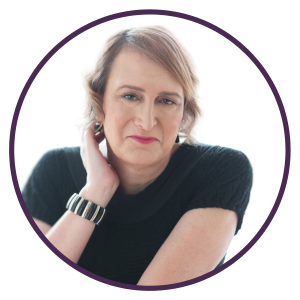
Leadership is being seen through a different lens now, as highlighted by Sally Goldner AM, who is a workplace diversity educator, speaker, life coach and consultant. She points out:
“Leadership is about strengthening other people. But we can only do more of that and do it more effectively when we strengthen ourselves. And that means growing ourselves and unlearning things.”
Unlearning is certainly a strong tool to have in any campaign to break the bias.
Any culture that runs by the ethos ‘we’ve always done it this way’ will suffer that fate of any leader or business that has stuck its heels in, refusing to move with the times. Been to your local Blockbuster video store lately? Online streaming has been the pattern interrupt a cosy entertainment industry needed to allow a greater diversity of stories to come to the fore.
It’s vital that we keep supporting each other in resisting ‘business as usual’ and giving a platform to the voices who have been ignored, or vilified for getting ‘all the attention’ should someone have the audacity to let them speak and enter the conversation which has been dominated for so long by (do we really need to say this?) cis-gendered white men.
We can’t speak on behalf of Indigenous people, people with a disability, or any other marginalized group that we are not a part of, because we are not them, and cannot truly understand the intersectionality of their life experiences through our own differently privileged and differently intersected perceptions.
But we can certainly hand the microphone over to them, observe as they take control, and listen to them instead of making them fight every inch of the way to be heard.
Let them take the lead.
Then ask (and act on): What can we do to help?
Continual fighting is exhausting. It’s one of the things that burns people out, and burnout is something that costs Australian businesses billions of dollars every year. Mindfulness author and workplace pattern interrupter, Annie Harvey states:
“It’s really critical that people know how close they are to, what we call, falling off the cliff. Because once you fall off, once you’re burned out, it takes a really long time to heal.”
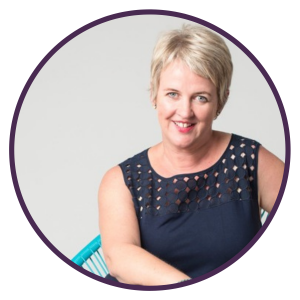
From a mental health perspective, how many women do you know who are just managing, rather that feeling like they’re excelling? What kind of image is your business or organisation displaying about how it values women?
So it’s time, again, to recognise and celebrate successful women and, this year, to focus on breaking the bias.
We might not be able to individually fix everything, but our contribution to the whole is vital.
Wouldn’t it be better to enjoy the strength of a cohesive society in which women felt safe and respected, instead of one in which they are driven to march the streets because they’ve been ignored or paid lip service for too long?
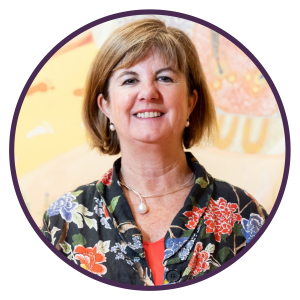
Jane Madden is the Chair of the Fred Hollows Foundation and a board director for the Black Dog Institute, and sums up perfectly how business can help, we believe, break the bias and support good mental health in the workplace, saying:
“If you have a culture that is respectful, supportive of employees as individuals, and makes everyone feel valued in their respective roles in an organisation you’ll find that it’s a happier workplace.”
Let’s certainly celebrate the women in our lives today, wherever they are and whatever they do.
But let’s also make a commitment to play our part in breaking the bias that exists, and let’s follow the lead of women in doing so.
Reframe Of Mind publishes new episodes every Monday and can be found on all podcast apps or directly at reframeofmind.com.au
Welcome Change Media was founded by Louise Poole and Andy Le Roy.
All women quoted in this article feature in the first 13 episodes of Reframe of Mind.
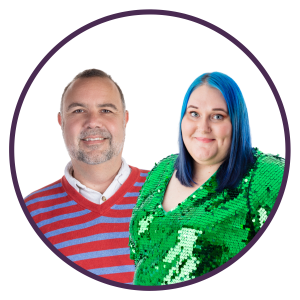
About the show:
Reframe Of Mind is a mental health podcast from Australia that cuts through platitudes and gets to the core of living authentically, challenging our assumptions and improving mental health with the guidance of good science, philosophy and learning from other people’s lived experiences.
Using science, along with an exploration of critical thinking and lived experiences to support the journey, Reframe Of Mind explores tools for mental health while also examining deeper questions like “who am I” and how the context of our mental health is influenced by the world around us.

